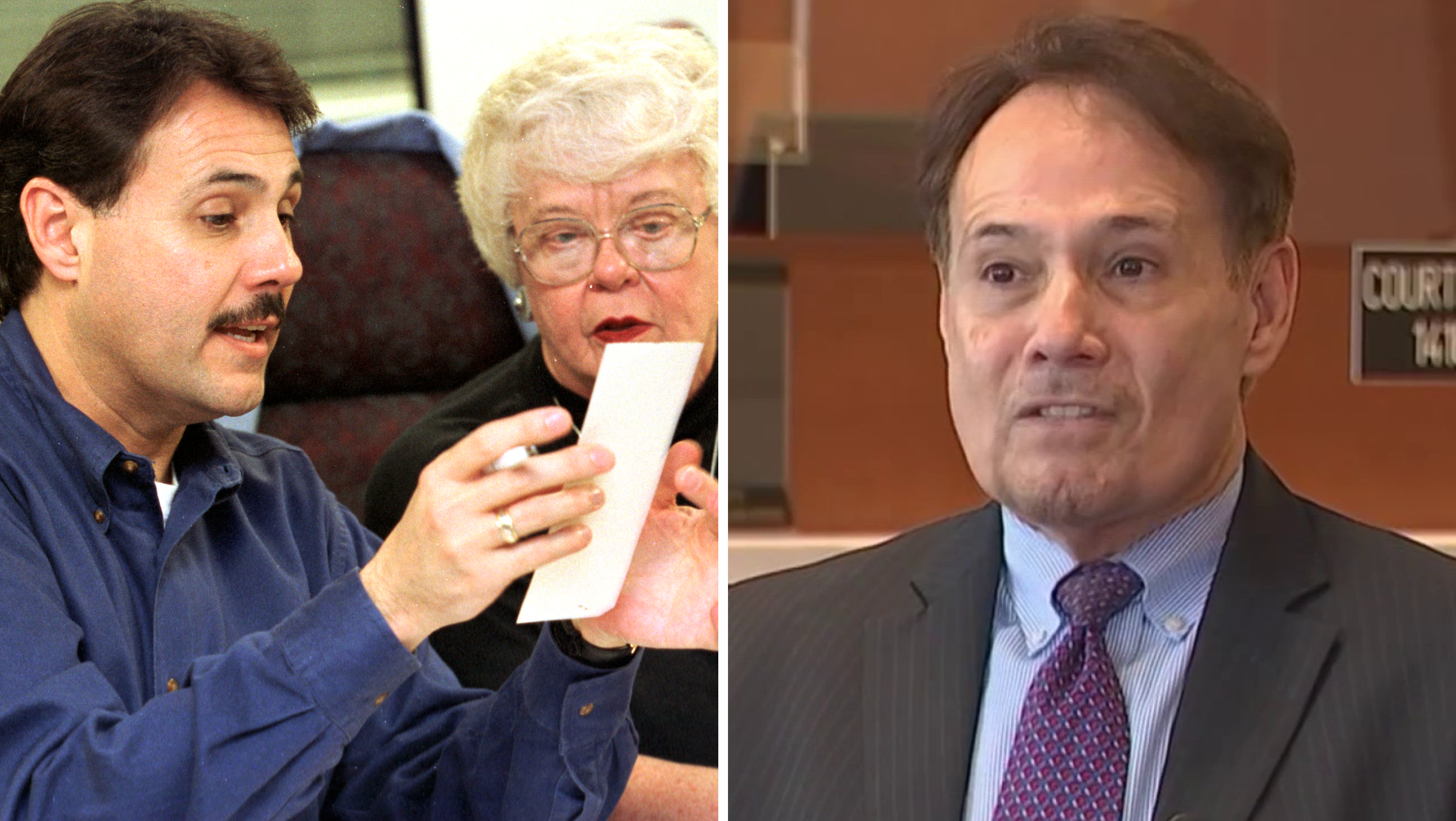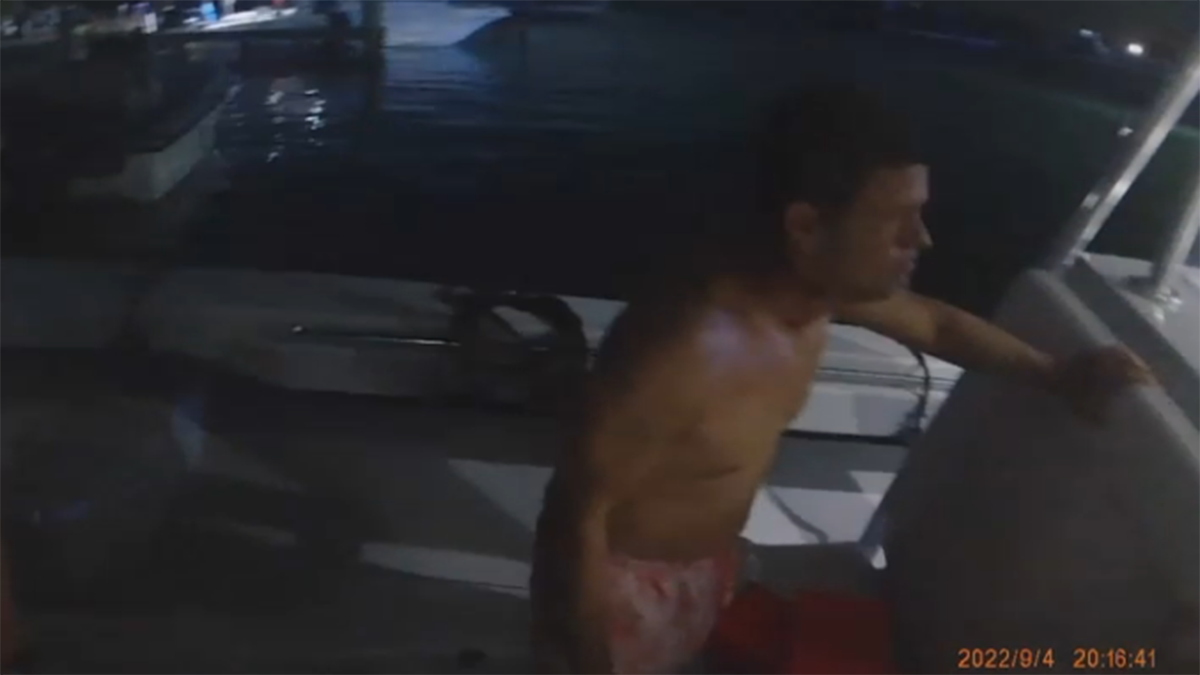Rap legend Uncle Luke is celebrating a win in Miami federal court that awarded him the copyright to music he made as part of the group 2 Live Crew.
Luther Campbell, better known as Uncle Luke, lost ownership of the music catalog in a bankruptcy decades ago.
On Wednesday, he won it back in court, and now the songs that turned heads in the late 1980s and 90s are back in the hands of their creator for the first time in more than 30 years.
“I was still like, did we win? Did we just win? Did we get our copyrights back?” Luke told NBC6 in disbelief.
The Hurricane season is on. Our meteorologists are ready. Sign up for the NBC 6 Weather newsletter to get the latest forecast in your inbox.
Joe Weinberger, owner of hip-hop label Lil' Joe Records and Luke's one-time attorney, had bought the entire catalog in a bankruptcy in 1995.
Campbell filed a lawsuit in 2022 against the label, when U.S. copyright law allowed ownership of work to revert back to its creator after 35 years. A federal jury decided Wednesday the music should return to Luke.
“Artists like myself can go in and retrieve their copyrights when they were, in my opinion, illegally taken away from us,” he said.
Local
The rapper showed NBC6 several awards he received for the music over the years. But for much of that time, any profits the music made were not his.
“To hear a song on the radio with your voice, a sample of your music, and you’re not getting paid a dime, just imagine that. That’s sickening thing," he said. "Now when folks sample the music... the right people will be able to profit from it.”
Luke's son and the children of late members Brother Marquis, born Mark Ross, and Fresh Kid Ice, born Chris Won, will benefit from the songs of their fathers.
“You know it means a lot. It means the world. I look at Chris and Mark’s kids and my son--this is their parents work. It’s bigger than us, it’s more about the kids,” Luke said.
2 Live Crew is no stranger or controversy or major court cases: they’re the ones who brought a free speech case up to the U.S. Supreme Court that led to parental advisory stickers on albums.



